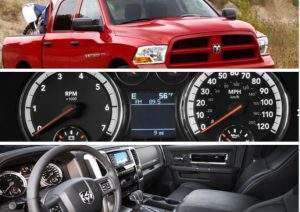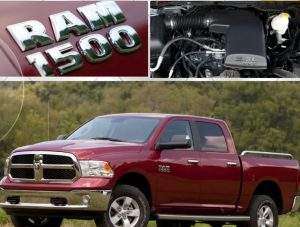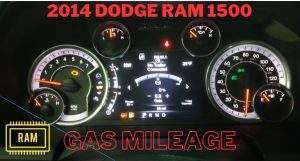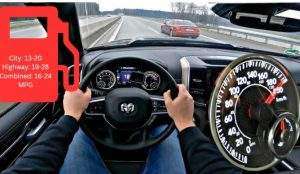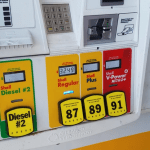Are you a proud owner of a BMW but unsure about the right fuel to use? You’re not alone. With so many different types of fuel available, it can be confusing to know which one is best for your car’s performance.
Fortunately, we’re here to help. In this article, we’ll decode the different BMW fuel types, their benefits and drawbacks, and which one will give you optimal performance.
Other aspects of BMW cars are discussed in detail in these posts
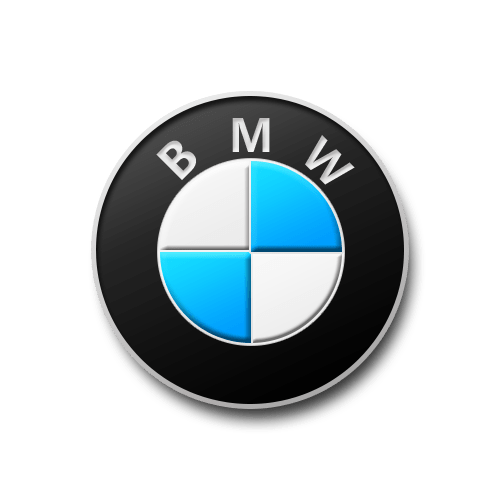
Understanding BMW Fuel Types
BMW offers a range of fuel types to suit different needs and driving styles. Here’s a breakdown of each one:
1. Gasoline
Gasoline is the most common fuel type for BMW cars. It’s a liquid fuel made from crude oil and refined to remove impurities. Gasoline comes in different grades, including regular, mid-grade, and premium. Each grade has a different octane rating, which indicates its ability to resist knocking or pinging.
Gasoline Pros and Cons
Pros:
- Widely available
- Provides good acceleration and performance
- Can be cheaper than diesel fuel
- Comes in different grades for different driving needs
Cons:
- Lower fuel efficiency than diesel
- Produces more emissions than diesel
- Can be more expensive if premium grade is required
2. Diesel
Diesel is a liquid fuel made from crude oil and has a higher energy density than gasoline. It’s typically used in heavy-duty vehicles and is known for its efficiency and torque. BMW offers diesel engines in some of its models, including the 3 Series and X5.
Diesel Pros and Cons
Pros:
- Higher fuel efficiency than gasoline
- Provides good torque and towing capability
- Produces fewer emissions than gasoline
- Can be cheaper than gasoline in some regions
Cons:
- Can be more expensive to buy than gasoline cars
- Can emit more harmful pollutants than gasoline
- Can be louder and less refined than gasoline engines
3. Hybrid
A hybrid car combines a gasoline engine with an electric motor to increase fuel efficiency and reduce emissions. BMW offers several hybrid models, including the 3 Series, 5 Series, and 7 Series.
Hybrid Pros and Cons
Pros:
- Combines the best of both gasoline and electric power
- Offers excellent fuel efficiency and reduced emissions
- Provides instant torque and acceleration
- Regenerative braking system recovers energy to recharge the battery
Cons:
- Can be more expensive to buy than gasoline or diesel cars
- Limited electric range
- Battery and electric components can be costly to repair or replace
4. Electric
An electric car runs entirely on electricity and doesn’t require any gasoline or diesel. BMW’s electric models, such as the i3 and i8, are powered by high-voltage batteries and offer zero-emission driving.
Electric Pros and Cons
Pros:
- Zero-emission driving
- Low operating costs
- Quiet and smooth operation
- Instant torque and acceleration
Cons:
- Limited driving range
- Longer recharging times than refueling with gasoline or diesel
- Limited availability of charging stations
- Higher upfront cost than gasoline or diesel cars
Final Thought
Choosing the right BMW fuel type is essential for optimal performance and efficiency. Each fuel type has its own set of benefits and drawbacks, and it’s important to consider your driving needs and preferences before making a decision.
Whether you choose gasoline, diesel, hybrid, or electric, make sure to follow the manufacturer’s recommendations and seek professional advice if needed. With the right fuel and proper maintenance, your BMW can deliver a smooth and satisfying driving experience.

